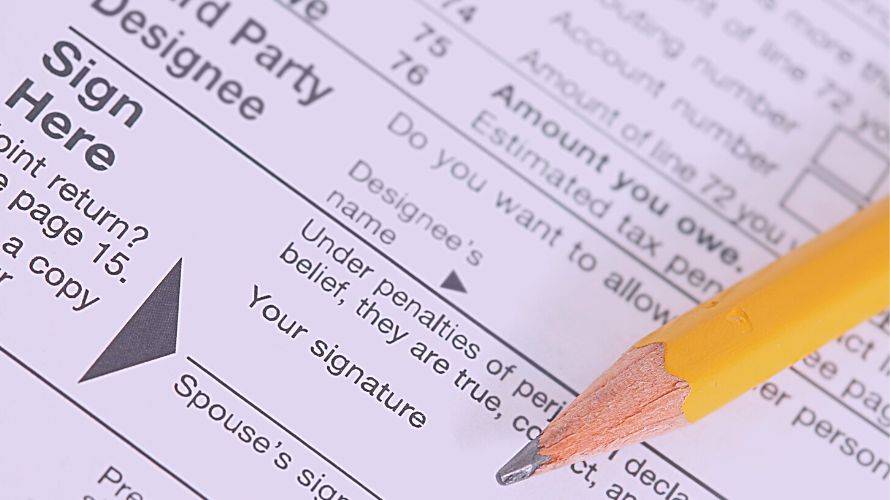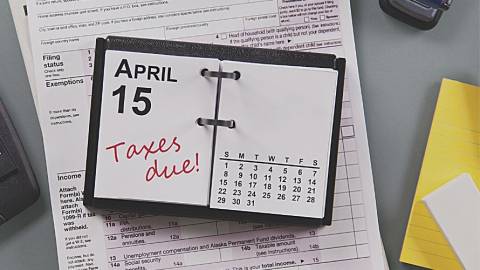Estates Tax Return Form 1041

Hey there, future tax-filers! If you find yourself delving into the world of estate and trust taxation, you've come to the right place. Let us demystify the 1041 tax form for you. In this article, we'll cover its history, why you might need to use it in 2024, exemptions, and answer some unusual questions that you might have googled. So, let's dive in!
The Origins of IRS Form 1041
While the history of the IRS 1041 tax form might not be the most exciting topic, it's essential to understand its evolution. The form was created by the Internal Revenue Service (IRS) as part of the Revenue Act of 1916. This legislation introduced the federal estate tax, which required estates and trusts to report their income annually. Over the years, the 1041 form has been revised and updated to accommodate changes in U.S. laws and regulations.
Why Federal 1041 Form Is a Must in 2023?
So, why should you care about the printable 1041 tax form for 2023? Well, if you're a fiduciary for an estate or trust, you are required to file a 1041 tax return to report the income, deductions, and any financial liability of that entity. In 2023, the need to file this copy is more critical than ever due to recent changes in U.S. laws and increasing scrutiny by the IRS. Ensuring that you properly report this information is essential for staying compliant and avoiding potential penalties.
Exemptions: When You Don't Need to File a 1041 Tax Return
- Estates with gross income below the annual filing threshold ($600 for the 2023 tax year).
- Trusts that are tax-exempt under Section 501(a) of the Internal Revenue Code.
- Grantor trusts, where the income is reported directly on the grantor's personal income annual return.
- Bankruptcy estates, which file a different form (1041-A).
Questions About 2023 IRS Form 1041
1. Can I find the 2023 IRS Form 1041 printable version online?
Yes! We provide a printable version of IRS Form 1041 on our website. You can download it, fill it out, and print it for submission. Additionally, many special software programs offer an electronic version of the form, which can be filled out and filed directly with the IRS.
2. What if I need to file an amended 1041 estates tax return?
If you need to correct or update information on a previously filed 1041 tax return, you can file an amended return using Form 1041X. This sample allows you to make any necessary changes and recalculate the financial liability for the estate or trust. Be sure to attach any relevant documentation to support the changes you're making to the original return.
3. Can I request an extension for filing a 1041 tax return?
Yes, you can! If you need more time to prepare the estate or trust's tax return, you can request an extension using the 7004 worksheet. This document must be filed by the original due date of the 1041 tax return and grants an additional six months to file. Keep in mind that an extension to file does not grant an extension to pay any tax due, which means interest and penalties may apply if payment is not made by the original due date.
Latest News
-
![Tax Form 1041- Printable PDF Guide]()
- 11 April, 2023
-
![2023 IRS Form 1041 Instructions]()
- 10 April, 2023


